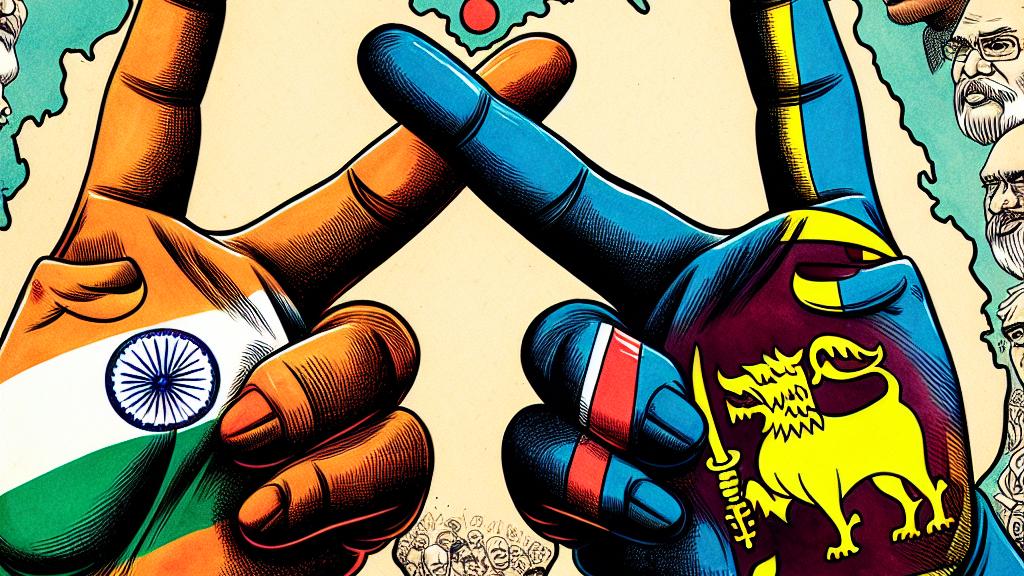India's Neighbourhood Policy at a Crossroads with Sri Lanka's New Leadership
Overview
- Sri Lanka's political turnaround presents new opportunities and hurdles for India.
- Dissanayake's administration may reshape vital economic negotiations.
- The growing Chinese influence in South Asia adds urgency to India's strategic reassessment.

A New Chapter in Sri Lanka's Politics
The election of Anura Kumara Dissanayake as Sri Lanka's first leftist president marks a pivotal moment for the nation and its international relations, particularly with India. This transition is not merely political; it signifies a quest for a new identity and direction. Sri Lanka is at a crossroads, and Dissanayake's emphasis on prioritizing local needs over foreign influences raises questions about the future of India-Sri Lanka relations. Will he seek to distance his country from traditionally strong ties, or will he find a way to engage India while managing an increasingly assertive China? This question hangs in the air as India watches closely, concerned about losing its foothold in a region that is crucial to its security and stability.
Economic Negotiations: Challenges and Opportunities
Dissanayake has expressed a commitment to reshaping economic policies, vowing to reopen discussions with the IMF and international creditors to navigate Sri Lanka's crippling economic crisis—the worst its people have ever faced. By willing to revisit previous agreements, he seeks to ensure that relief measures truly benefit the average citizen. Amid this backdrop, India must act decisively. It can present tailored financial assistance programs that not only address immediate needs but also foster long-term development. For instance, enhancing collaboration on infrastructure projects, like the ongoing housing initiatives in Sri Lanka, could emphasize India's supportive role while also promoting regional economic integration and sustainability.
India's Strategic Response: A Balancing Act
With political changes rippling across South Asia—from shifts in Maldives’ leadership to political upheaval in Nepal—India faces a unique set of challenges that require creative solutions. The rise of Chinese influence, characterized by significant investments and soft diplomacy, further complicates India’s position. Therefore, as India develops its neighbourhood policy, it must be agile and thoughtful, forming partnerships that resonate with local aspirations. Strengthening cultural ties through educational exchanges, enhancing trade relations, and promoting people-to-people connections can help India redefine its image as a partner rather than a patron. As these regional dynamics evolve, a proactive and engaging approach will be vital for India's enduring influence in a rapidly changing South Asian landscape.

Loading...